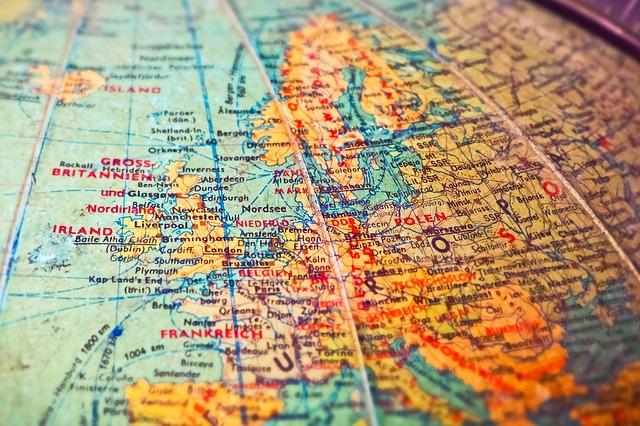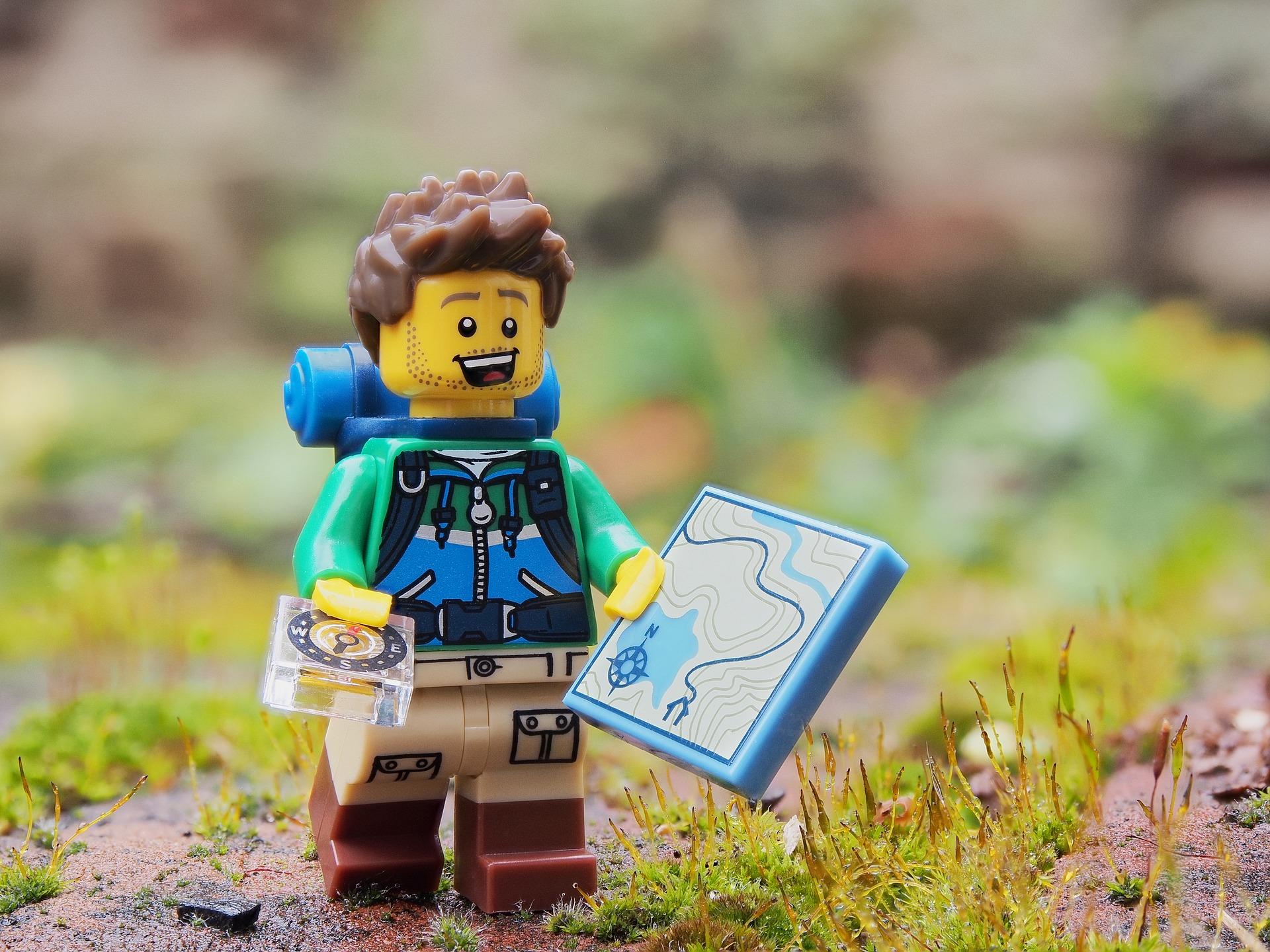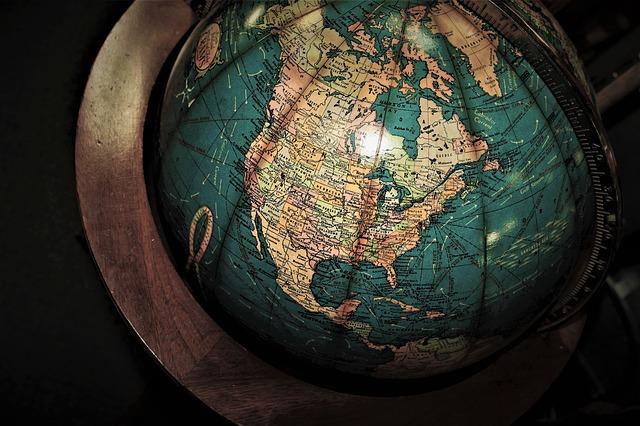An Overview of Geography Courses Pop quiz: can anyone name three explorers living today? Explorers of times gone by come easily to mind: Captain Cook and Sir Walter Raleigh, Amerigo Vespucci and Hernan Cortez... Many people believe that, with the world’s every crevice already mapped and indeed the very topography of our earth available through[…]
7 January 2019∙8 minutes to read
Geography for Kids "Develop a passion for learning. If you do, you will never cease to grow." -Anthony J. D'Angelo It is of the utmost importance to develop a love for learning at a young age. A young learner needs to be taught in an engaging and appealing way due to the fact that children[…]
5 December 2018∙9 minutes to read
The study of lands, nations, features, inhabitants, and the earth in general, or in other words, the study of geography, is reviewed by students at a primary and secondary school level in education centres across the United Kingdom and other parts of the world. Geography helps us all to garner an understanding of the earth’s physical properties and the societies of humans that reside upon it. When reviewing geography, we start to realize how vast our planet is and that we’re not the only ones. Studying geography after the school years, as an adult, is also a great idea if you didn’t pay close attention when you were a student.
Why Study Geography?
If you’ve already studied geography and appreciate its topics, you already understand its brilliance. But, what if you’re on the fence about studying geography as an adult learner? Let’s consider three reasons that will guide you in the right direction. Firstly, geography is such a varied subject that doesn’t solely touch on aspects of earth’s landscapes but also history, economics, and sciences. So, if you like reviewing a topic with much to offer, geography is the perfect fit for you. Secondly, when reviewing geography, you acquire many transferrable skills such as problem-solving, teamwork, data evaluation, data collection, planning, creative thinking, adaptability, and time management. All of these abilities are greatly valued in other sectors of employment and study. Thirdly, it’s been proven that those who study geography tend to be more open-minded and show a more evident interest in the world. Therefore, students of geography are more desirable for jobs abroad in fascinating sectors. If you’ve always dreamed of working and living abroad, studying geography is your meal ticket!
What Topics are Considered in Geography?
Students of geography quickly discover how diverse an academic discipline it really is. For example, there are major branches of geography such as physical geography, geomorphology, human geography, urban geography, economic geography, population geography, political geography, political geography, and biogeography, to name a few. Encompassed in these sectors of geography are sub-disciplines of study such as volcanoes, earthquakes, the continental drift theory, soil formation, solar evaporation, radiation, world climate change, ecosystems, types of ocean currents, and conversation. If any of the previously mentioned topics or branches of study intrigue you, it might be a great idea to give geography lessons a try.
The GCSE Geography Curriculum
The last mandatory stage of schooling in the UK is known as the GCSEs. After the GCSE exams have been completed, at the age of 16, students have the option to graduate and leave school or move onto the A-Levels and prepare for university. There are many interesting GCSE topics to choose from and geography is one of them. In GCSE Geography, offered by many exam boards such as AQA, Edexcel, CCEA, Eduqas, OCR, and WJEC, students will consider essential topics such as living with the physical environment, challenges in the human environment, and geographical skills. All of these subjects have different sub-disciplines that are reviewed by students. If you’re on the edge about selecting GCSE Geography as one of your option courses, we highly recommend consulting BBC Bitesize to learn more. Also, after the GCSEs, there’s the option of furthering your knowledge at an A-Level stage before moving on to uni classes.
The Best Suggestions When Studying Geography
If you’re preparing for geography examinations, you’ll need to employ study techniques that will help you succeed. Let’s consider three study tips for reviewing geography. Firstly, you’ll need to practice memorization techniques since there’s a lot you need to remember about the earth’s surface. We greatly suggest considering “chunking”, organizing important information, and using mnemonic devices. Secondly, it’s much better to consistently revise information than engage in cram sessions. For instance, it’s highly recommended to consider studying fifteen minutes per day than two hours once a week. Thirdly, take advantage of online learning resources to complement your studying process. YouTube videos, virtual flashcards, and helpful blog articles are a great help.
We highly recommend learning geography since your appreciation for planet earth and the people residing upon it will greatly increase!



